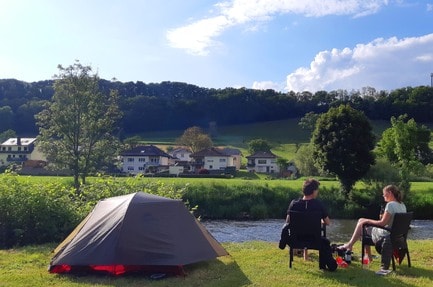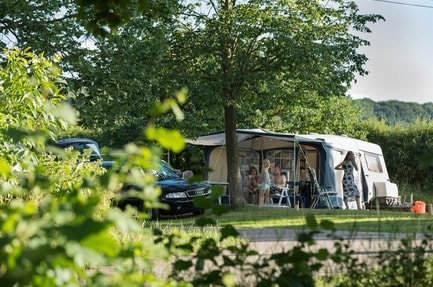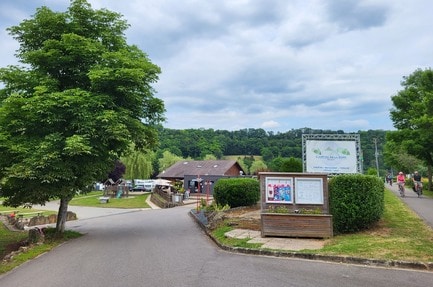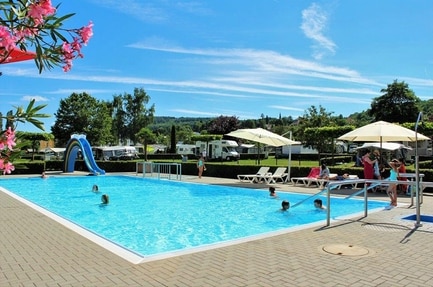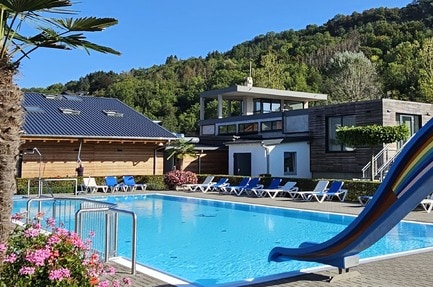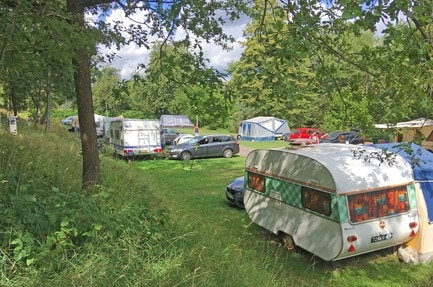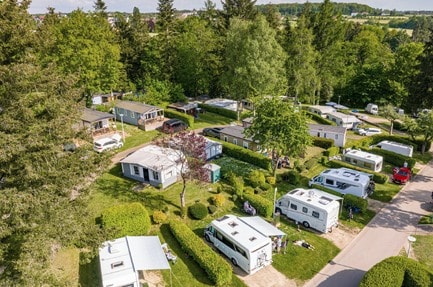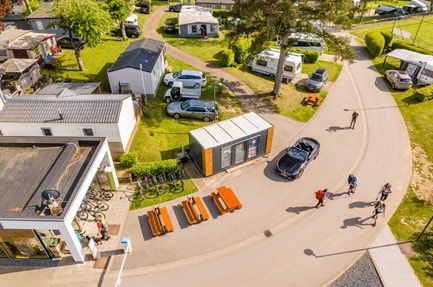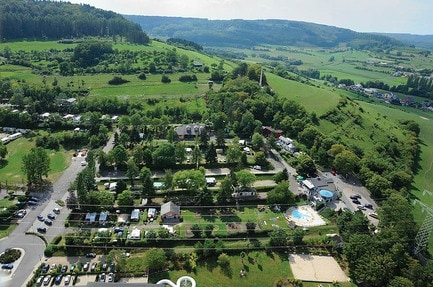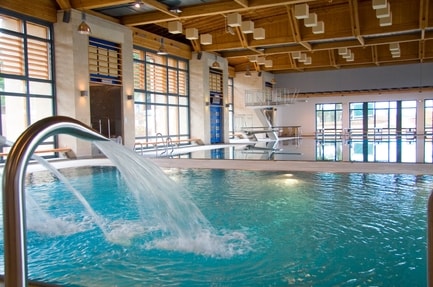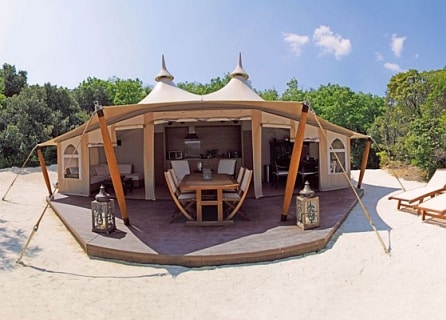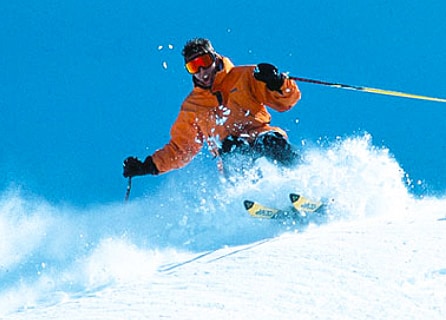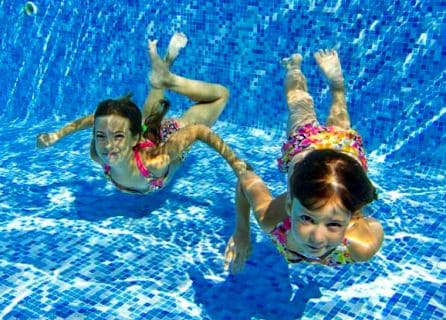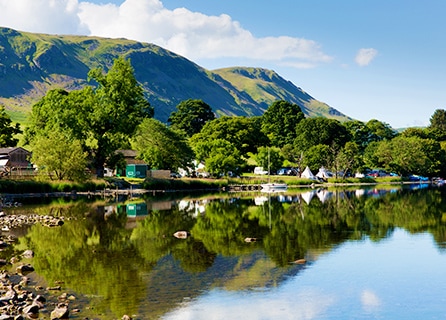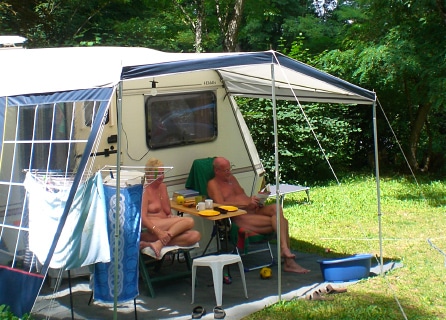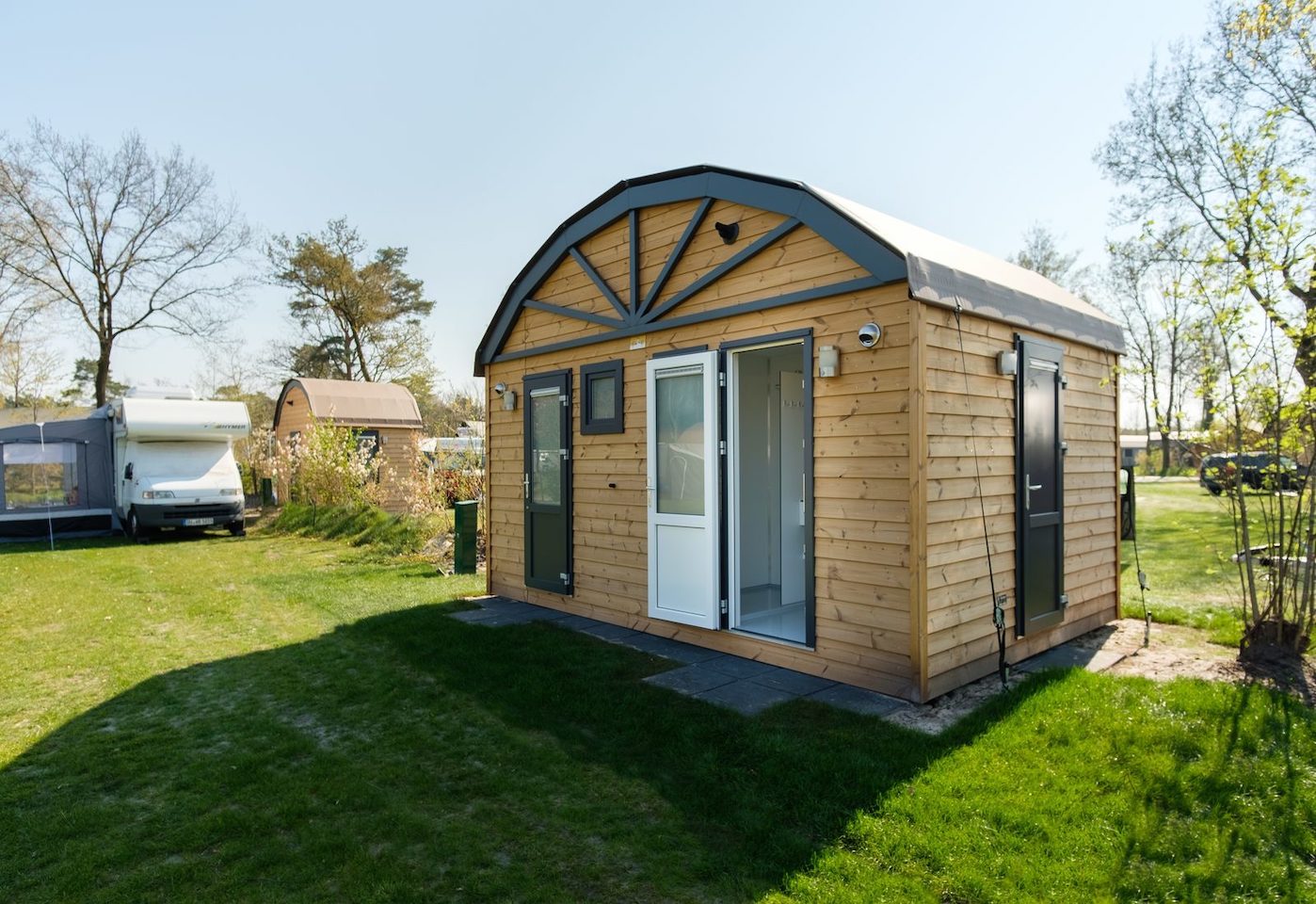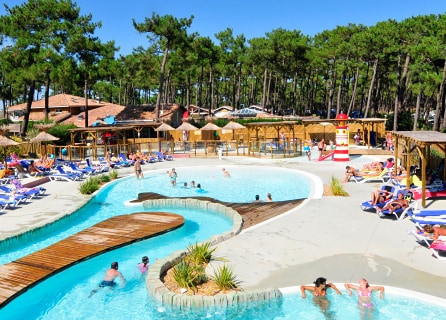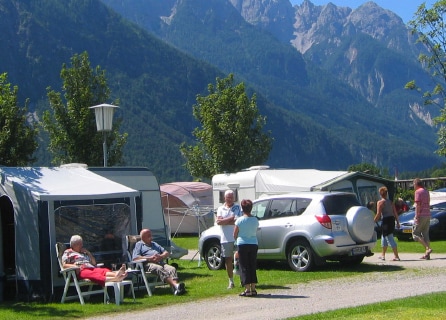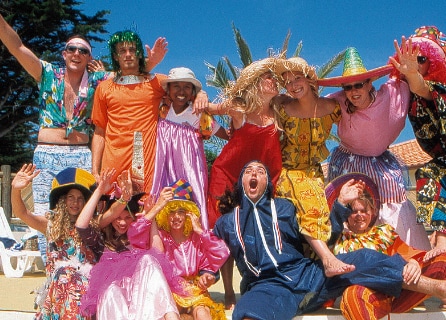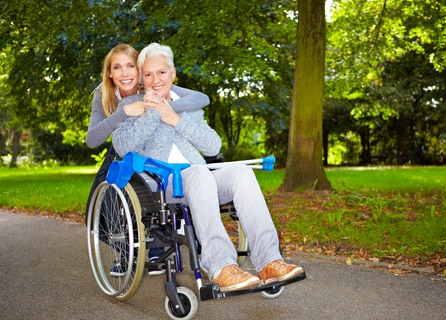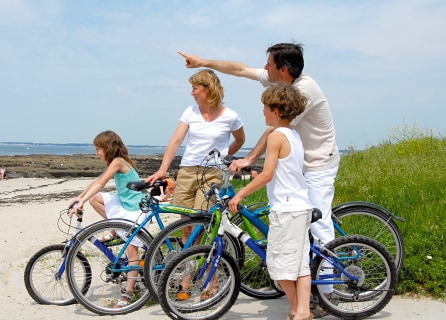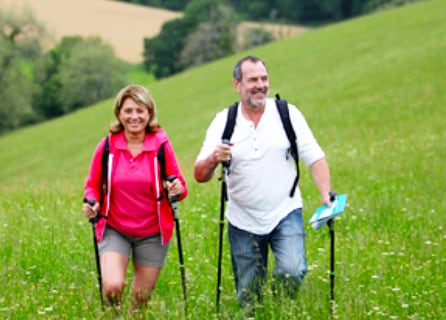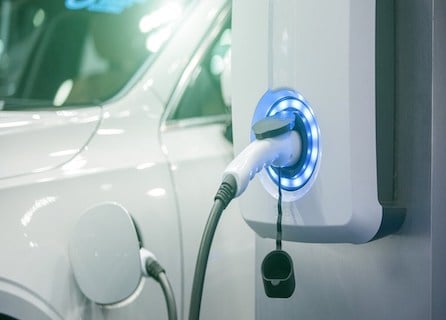Camping in Luxembourg: a small country with a lot to offer
Luxembourg is one of the smallest countries in Europe. Its combination of beautiful nature and welcoming villages and towns make it a small but very varied country.
Walking
The best way to explore Luxembourg is on foot. The country’s many forests and hilly areas are a feast for the eye. Discover them at your leisure on a walk. The most famous of Luxembourg’s walking routes is the Mullerthal Trail. It is located in the east of the country, close to the German border, and is known tantalisingly as ‘Little Switzerland’. Put on some good sturdy shoes and enjoy the spectacular rock formations, beautiful stream valleys and romantic fortresses you will come across as you walk along the trail.
A capital city with an international flair
Luxembourg is made up of a number of little villages and towns. The capital city of the same name is much bigger but still has less than 120,000 residents. A number of European organisations have offices there, which creates an international feel. The city is clean and its facilities are excellent.
A city walk is the perfect way to familiarise yourself with the city’s many sights. Take a look in the Grand Ducal Palace, enjoy some downtime in the seventeenth-century cathedral or admire modern art in the Grand Duke Jean Museum of Modern Art. Last but not least, take a stroll around the Ville-Haute and Gare areas. Fashion lovers will enjoy the trendy little boutiques, luxury stores and chain stores there.
Luxembourg is a green and pleasant country
Luxembourg is known predominantly for its wealth of green space. The country’s landscape consists largely of forests, hills and meadows and forms part of the Ardennes in the north. The three biggest rivers - the Moselle, the Our and the Sûre - flow peacefully through the country. Because mass tourism is rare in Luxembourg, you will find that you are able to enjoy its tranquillity and nature without being disturbed.
A camping holiday with castles
If you like castles, Luxembourg is definitely the destination for you. There are so many castles, fortresses and ruins that you will always find one near your camp site. A visit to Viandel Castle is a must during any camping holiday in Luxembourg. This imposing structure was built between the eleventh and fourteenth centuries and is great fun to visit with the children. If you can, see it at the end of July or the beginning of August when a big medieval-castle festival is organised. In the Eisch valley - an area in the south-west that is rich in forests and meadows - you will find no fewer than seven castles. Some are still intact, while others are just ruins.


